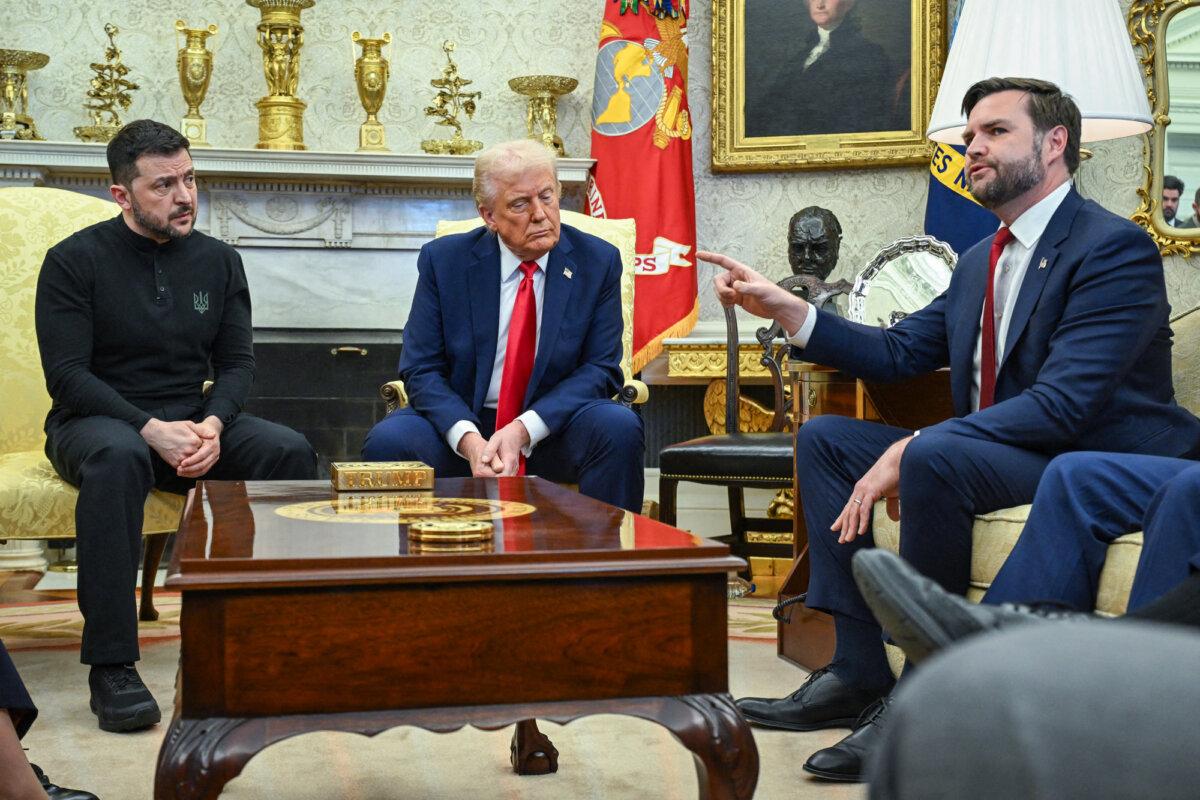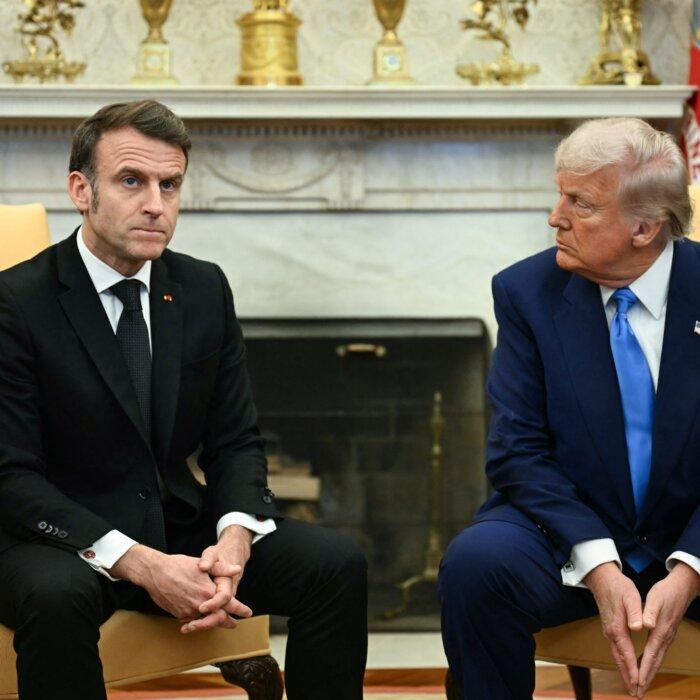Vice President JD Vance says most European countries do not have armies that could defend themselves against an attack and that the continent has relied on the United States for its security for too long.
Vance said a lack of investment in defense meant that “most European nations don’t have militaries that can provide for their reasonable defense.”
He said Britain, France, and Poland were exceptions but that overall, European leaders had “radically underinvested in security.”
Giving a speech during his visit, Vance said Denmark had not devoted enough resources to Greenland to counter growing Russian and Chinese interests in the Arctic region.
“I think that you'd be a lot better coming under the United States security umbrella than you have been under Denmark’s security umbrella,” Vance said in a remark directed at the people of Greenland.
Trump has said it would be beneficial for the security and economic interests of the United States and its allies if the United States acquired Greenland.
Trump has asked members of NATO to spend at least 5 percent of their gross domestic product (GDP) on defense.
Vance Calls Zelenskyy’s Accusation ‘Absurd’
Vance said, “It’s sort of absurd for Zelenskyy to tell the [U.S.] government, which is currently keeping his entire government and war effort together, that we are somehow on the side of the Russians.”He said it was “certainly not productive” for Zelenskyy to make such claims.
Vance said he had condemned Russia’s invasion of Ukraine in 2022 but also tried to understand the “strategic objectives” of Moscow.
He said that did not mean he morally supported the Russian cause.

In the UnHerd interview, Vance said: “I love European people. I’ve said repeatedly that I think that you can’t separate American culture from European culture.
“We’re very much a product of philosophies, theologies, and of course the migration patterns that came out of Europe that launched the United States of America.”
But he said the Trump administration was frustrated with European leaders who, he claimed, were making decisions—especially about migration—that were at odds with the views of the electorate.
The vice president also warned politicians against dismissing the concerns of voters.
“Democracy rests on the sacred principle that the voice of the people matters. There’s no room for firewalls. You either uphold the principle or you don’t,” he said.






